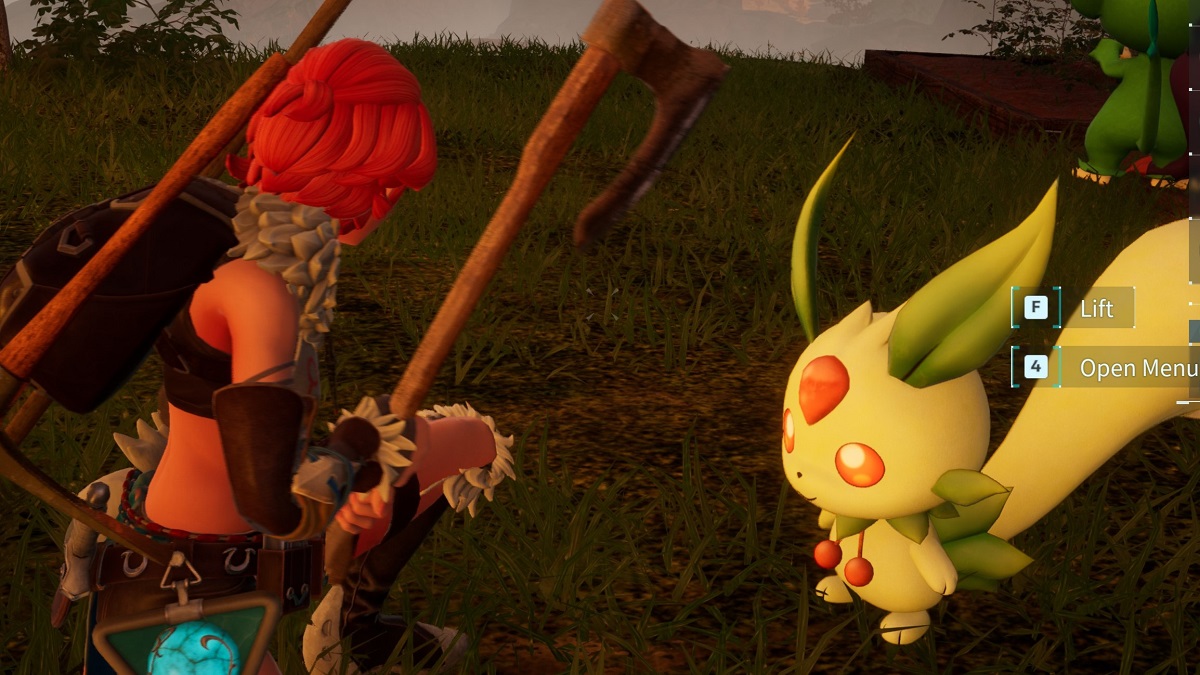There has been some backlash surrounding Palworld’s sudden and explosive success. There’s a lot of confusion surrounding the sheer volume of sales, and that has led people to fling around some accusations, with some suggesting that the game uses assets generated by AI. So is that true?
Let me be clear: it hasn’t been proven.
That isn’t a no, but more of a “nothing to see here.” It’s conjecture. A lot of it is based on the fact that one of the developer’s previous games was AI: Art Impostor, a game that uses generative AI as one of its core gameplay features. However, I find it hard to tell if that game is really supporting the use of AI, highlighting its problems, or if Pocketpair merely thought it would be a good fit for a party game. I say this because a lot of the assets in AI: Art Impostor were created by human artists, including a fully animated trailer.
Furthermore, some point to the fact that the Pals are sometimes uncomfortably close to complete facsimiles of existing Pokémon, sometimes looking like they’re cobbled together directly from art created by Nintendo and The Pokémon Company. Exacerbating this is the fact that the CEO of Pocketpair, Takuro Mizobe, made posts on Twitter in the past showing off Pokémon-like designs created by AI back in 2021, though this actually came after the reveal of Palworld on June 5, 2021.
Others also point to the fact that Pocketpair’s previous open-world crafting game made heavy use of purchased assets, suggesting that the team didn’t have the prior experience necessary to create a game like Palworld on their own.
It’s convincing evidence, but connecting dots doesn’t always make a picture. It’s easy to believe if you’re perturbed by Palword’s success, but there are other explanations for all of it that don’t involve generative AI. Unless Pocketpair admits to using AI, we’re probably only going to have guesses and fiery discourse.
Don’t get me wrong, there’s plenty of reason to be vexed by Palworld’s success. It’s a title that is stitched together from the ideas of others and doesn’t seem to have a single creative idea rolling around in it. It was created by looking at existing patterns and extrapolating on them, which is exactly what generative AI is made to do. However, it’s important to remember that this can also be done by humans, so until there’s an official statement or clear proof, it’s all just speculation.


